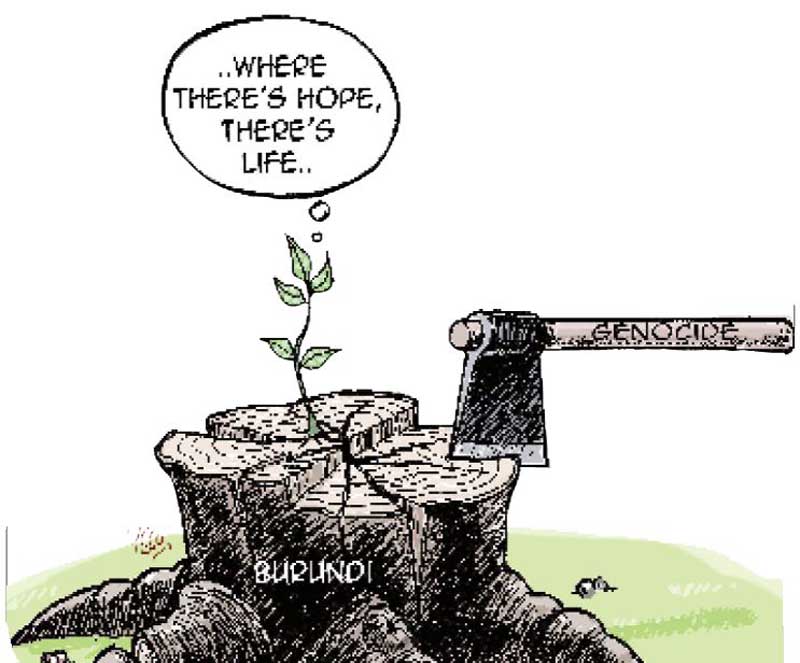×
The Standard e-Paper
Home To Bold Columnists

In the darkest moments in the history of an independent Urundi, now Burundi, few could foresee that a glimmer of hope would rise ever again. Yet, like the proverbial African sun, hope rises for the people of Burundi after the scourge of genocidal killings.